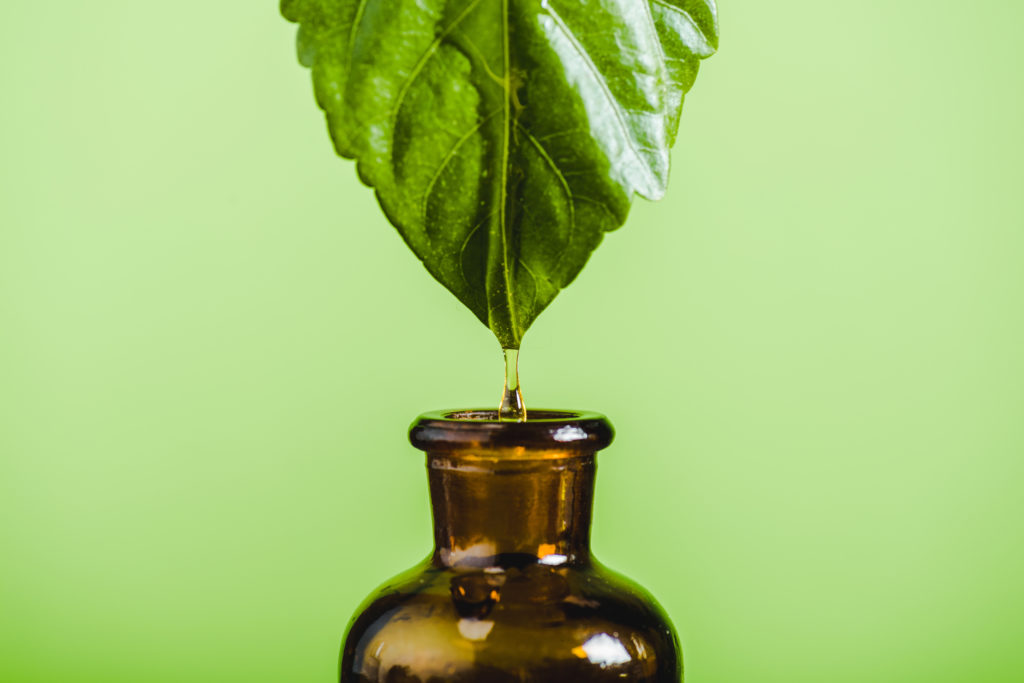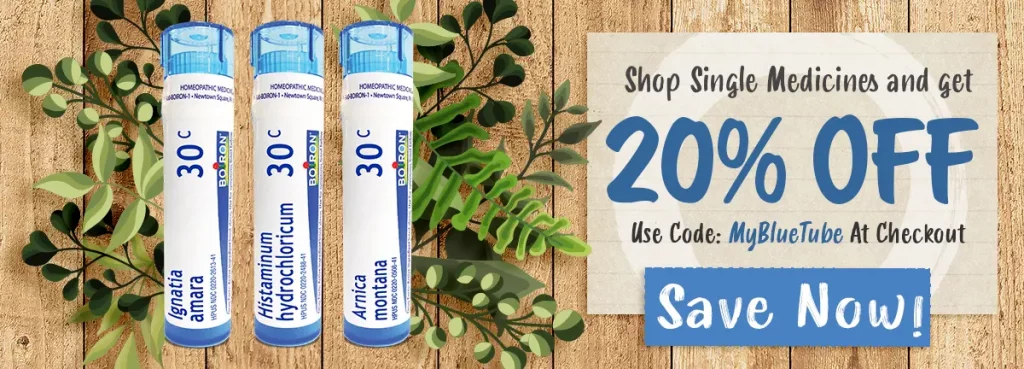
In the spirit of nature, everything is connected. This is also true when it comes to the health of people and the planet. Homeopathy is a natural form of medicine that sources ingredients from the earth and it remains one of the most eco-friendly and sustainable options today. As the world’s leading manufacturer of homeopathic medicines, Boiron is passionate about sharing this ecological approach to health with everyone.
The Ecology of Homeopathy
By definition, homeopathy is ecological. The active ingredients in homeopathic medicines are made from plants, animals, minerals, or other raw substances found in nature. And because of the homeopathic extraction and dilution process, only a small amount of these precious resources is needed. As a result, there are no issues with over-consumption or exhausting natural resources. It’s a win-win for sustainability and health.
When it comes to manufacturing, homeopathy also redefines what it means to be “clean.” Traditional pharmaceutical research and development involve chemical synthesis and complicated purification processes, which are extremely resource- and energy-intensive. By comparison, no harmful chemicals, solvents, or complex reagents are used in manufacturing homeopathic medicines, and no toxic waste is created. In fact, the little waste that is generated is almost exclusively biodegradable.
Boiron’s Environmental Practices
Nature provides us with the best ingredients, so Boiron has a strong sense of obligation to respect and care for it. The company makes every effort to limit environmental impact at its headquarters and across its subsidiaries in the following ways.
Responsible Sourcing
Boiron maintains close surveillance and conducts regular audits to guarantee the quality of botanical materials. To better ensure the sustainability of all species and to promote biodiversity, the company partners with highly qualified and certified harvesters who follow Good Agricultural and Collection Practices (GACP) for medicinal plants set forth by the World Health Organization (WHO).
Sustainable Manufacturing
Boiron has invested in innovative technologies to optimize energy and water consumption in its facilities. For example, high-efficiency heating and cooling systems in its buildings reduce air emissions. Refrigeration units run on climate-friendly refrigerants subject to strict maintenance. On-site water pre-treatment stations also test, clean, and purify wastewater created in production.
Ethical Logistics
To reduce carbon emissions, Boiron’s is moving its diesel motor fleet to electric, gasoline, or clean hybrid vehicles. In addition, the company employs sophisticated automation and retrieval technologies in its warehouses, thereby reducing workplace injuries.
Recycling Initiatives
Waste recovery has been a priority at Boiron for more than 20 years. Initiatives include recycling paper, plastic, cardboard, pallets, sugar, and botanical composting. The company has also eliminated unsustainable polymers (PVS, PS) in its packaging for Oscillococcinum and easy dispensing tubes. Today, consumers will find it easy to recycle the packaging of many Boiron products.
In 2021, Boiron earned a silver medal in recognition for its sustainability by EcoVadis. The company continues to research and implement corporate social responsibility (CSR) practices throughout its global presence. Learn more about these and other commitments from Boiron.



4 thoughts on “Homeopathy: The Greener Way to Feel Better ”
I need price list of all the remedies you have in stock for sale. I am a homeopath in Nigeria and wanted a link to enable me in buying your Homeopathic product for my use here.
Hi Amaduche, please contact our global headquarters in France for information on the closest Boiron subsidiary near Nigeria and pricing:
2, av de l’Ouest Lyonnais
69510 MESSIMY – (France)
Phone: 04 78 45 61 00
Fax: 04 78 45 61 02
I buy a lot of Boiron products and find they are the least sustainable of all the homeopathic brands I purchase. They are mostly in foil blister packs. When will this be changing? Jackson products are in glass bottles and genexa are at least in recyclable plastic. I am hoping that there will be some changes in the pipeline soon with Boiron products so I can continue to purchase them in good conscience with sustainability in mind. Thanks.
Hello Cathy, thank you for bringing your concerns to our attention. At Boiron, we strive to strike a balance between providing quality-controlled products while minimizing our impact on the environment. The elimination of foil blisters packs is a current topic of great discussion among European pharmaceutical manufacturers, which Boiron is. However no solution has been found yet and Boiron finds they are essential in maintaining the medicines’ sterility and safety for use. We thank you for your patience while the pharmaceutical community works on this and while Boiron focuses on other equally important environmental initiatives.
Please also know that Boiron’s sustainability efforts reach far beyond the efforts we’ve already made to packaging. These include responsible sourcing, limited energy and water consumption, reduced of discharges into water, reduced air emissions, management and sorting waste, among other smaller endeavors. You can read details on our headquarters’ website. Be sure to choose the browser’s option to translate the page from French to English.
https://www.boiron.fr/qui-sommes-nous/boiron-une-entreprise-qui-sengage/preserver-la-biodiversite